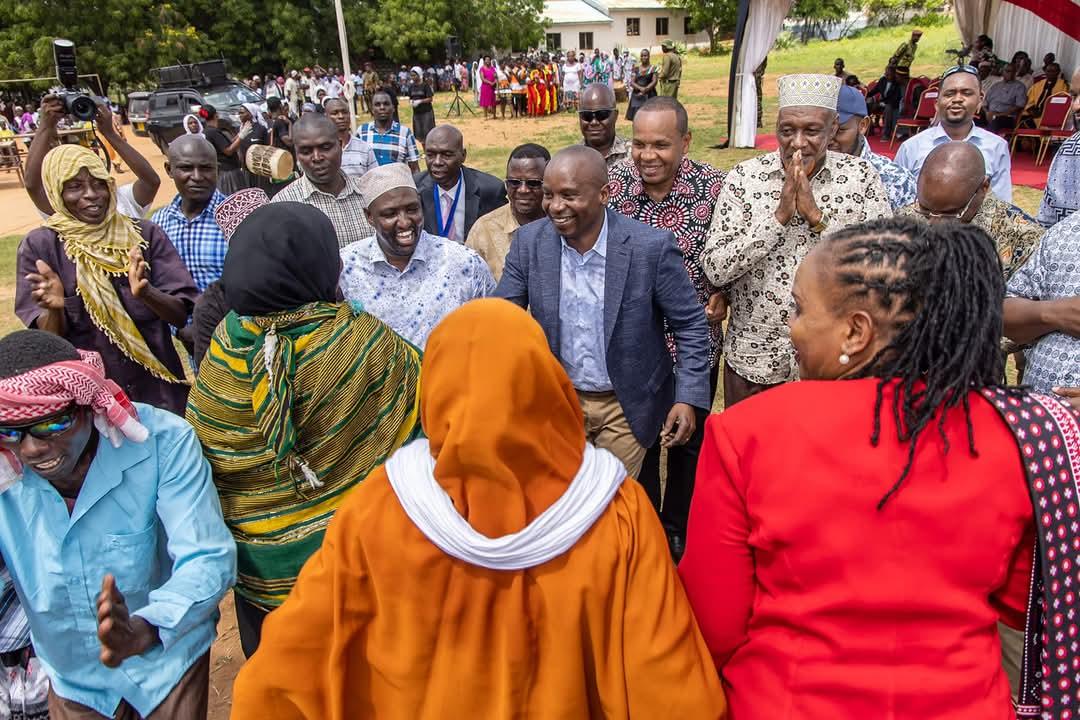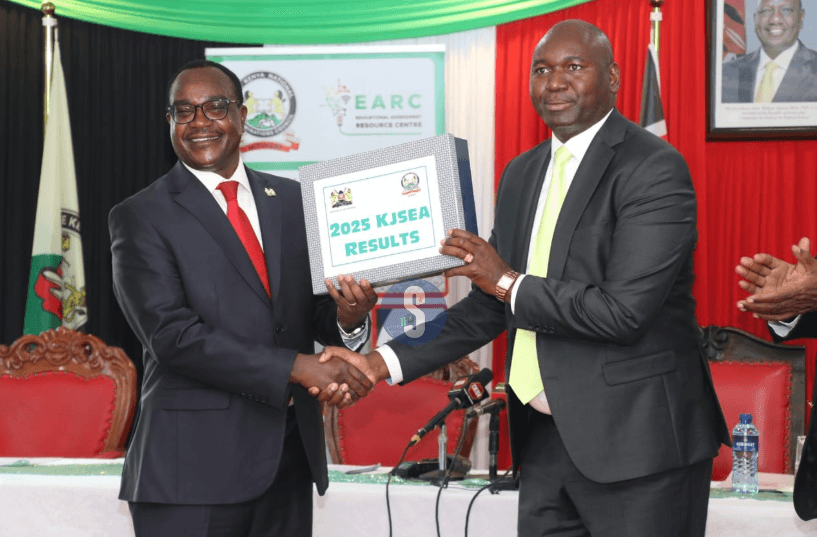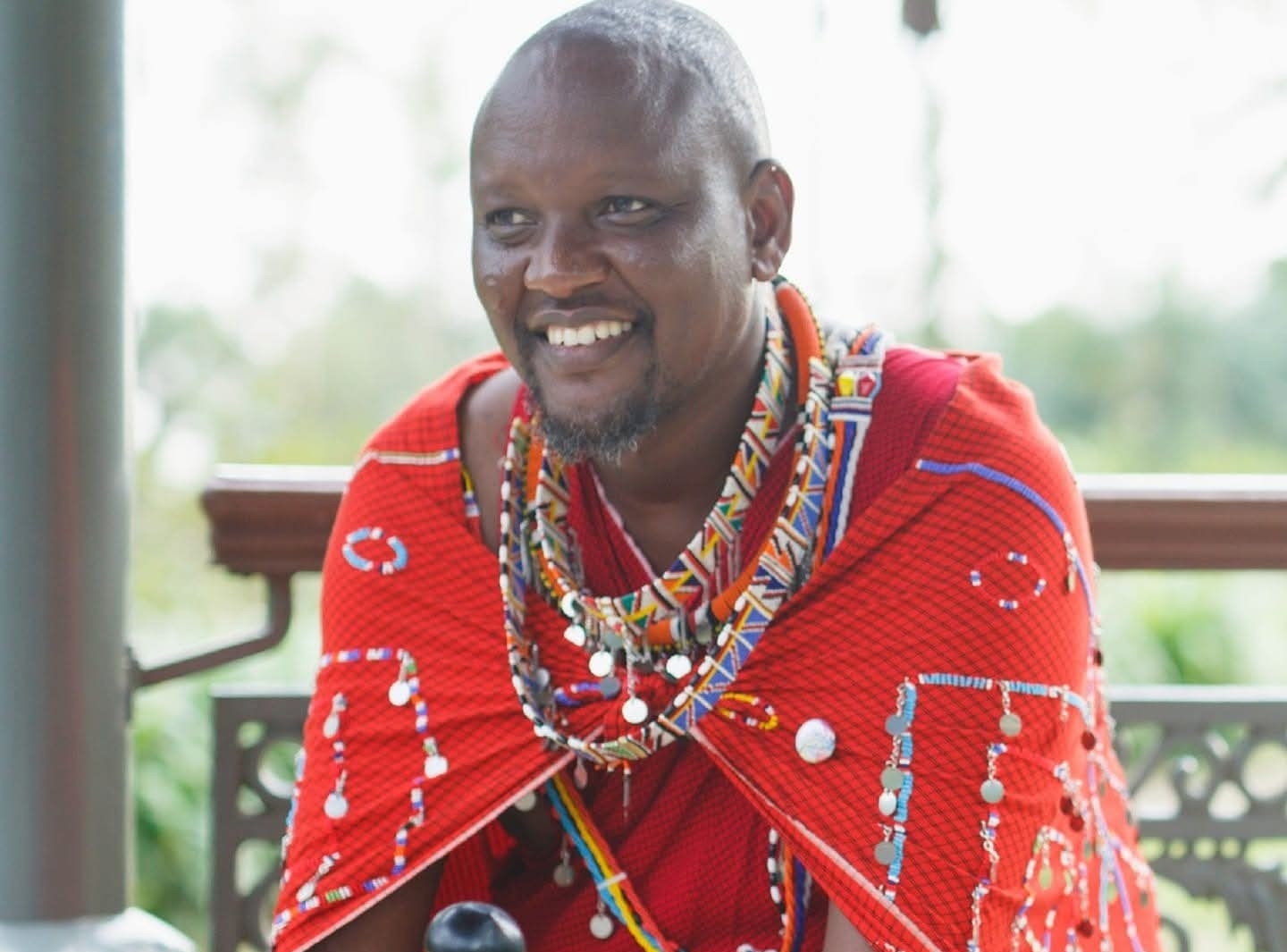
Deputy President Kithure Kindiki has asked Kenyans and leaders not to politicize the livestock vaccination campaign.
The DP said that the government will not force Kenyans to vaccinate their livestock adding that it is voluntary.
He said that the government has secured a market for livestock meat that will require them to be vaccinated.
“We have found a very big market for our livestock in the Middle East and Europe but these foreign countries have told us that for our livestock and meat to be accepted in their markets they must all be vaccinated,” Kindiki said.
“We have been vaccinating our livestock but only 10 per cent of livestock are vaccinated in Kenya. We are urging you not to politicise matters relating to the health of our livestock as a country. This vaccination drive is a voluntary process; no one will be forced to do it.”
He, however, called on Kenyans to work together to ensure livestock are vaccinated so that the quality and prices of the meat can meet international standards
On November 9, President William Ruto announced that the government would vaccinate 72 million livestock from January.
This ambitious programme will cover 22 million cattle and 50 million goats and sheep.
The initiative is aimed at tackling widespread livestock diseases and enhancing Kenya’s ability to export high-quality livestock products to both national and international markets.
“This will ensure we access both national and international markets for our livestock products,” President Ruto said.
However, the news on vaccination of livestock was received with mixed reactions from Kenyans with others opposing the move.
The Kenya Veterinary Association called on the government to suspend the planned vaccination of livestock to allow public participation.
Weighing in on the issue, KVA claimed they were not consulted during its development.
KVA National Chairman Kelvin Osore stated that concerns raised by the government on controlling greenhouse gas (GHG) emissions are not a priority.
He said Kenyans should be given adequate time to be sensitised on the matter.
Osore demanded transparency on the diseases being targeted, the rationale behind the vaccination, and the identity of the programme's sponsors.
“There was no stakeholders' engagement. We were not involved after the programme received controversy from the public. We were not involved in the conception,” Osore claimed.














